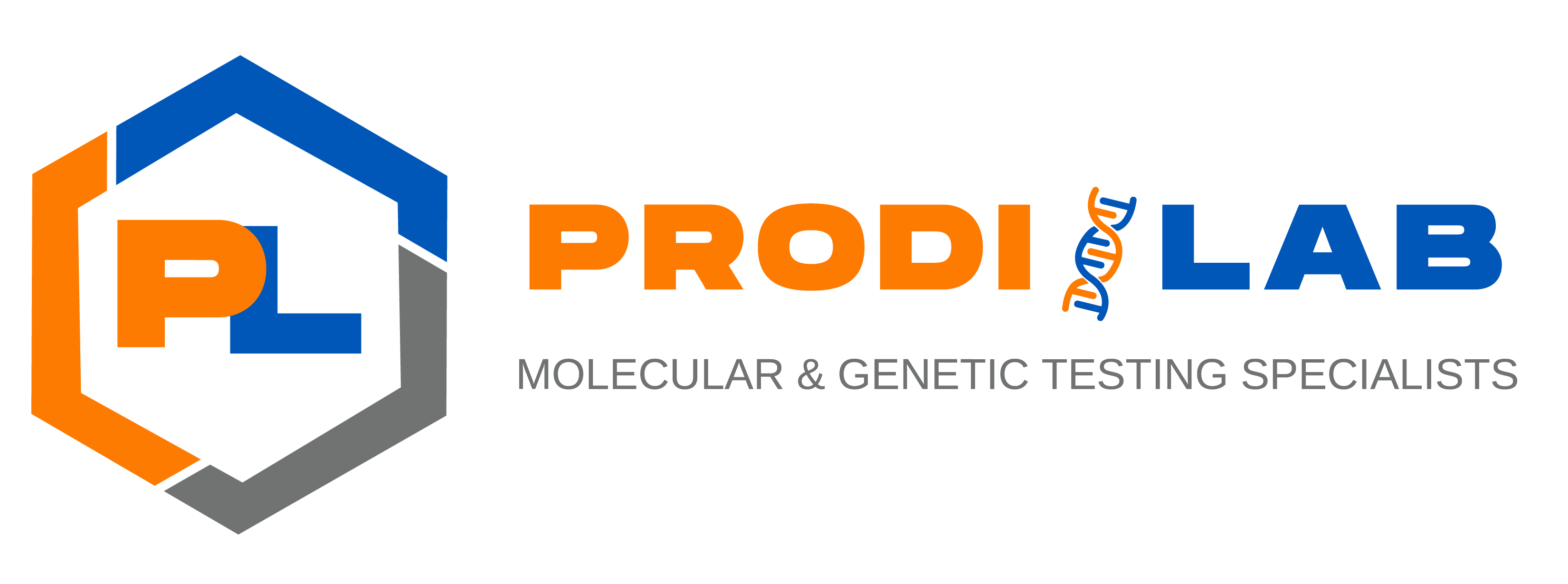Pulmonary Testing

What Is Pulmonary Testing?
Inherited pulmonary diseases are a group of lung disorders with variable clinical presentation and frequently have significant phenotypic overlap. The diseases can affect the airways (e.g., cystic fibrosis and primary ciliary dyskinesia), parenchyma (pulmonary fibrosis, Birt-Hogg-Dubé syndrome, and tuberous sclerosis), and vasculature of the lung. Rare lung diseases generally affect individuals from birth through about age 60. They are, in many cases, serious, chronic, and can be devastating. Once properly diagnosed, they often require expensive, long-term treatments. Genetic diagnostics by NGS offers a rapid approach to correct clinical diagnosis and early personalized intervention.
How Will I Benefit?
Pulmonary Testing Can Help Identify…
Genetic diagnostics are often the most efficient way to subtype hereditary pulmonary diseases, and they provide the necessary information to make confident individualized treatment and management decisions. Specifically, variation in the CFTR gene that causes cystic fibrosis is targeted in this category. In addition to cystic fibrosis, determining the exact underlying genetic defect in any hereditary pulmonary disease heavily affects genetic counseling and risk assessment. Identifying at-risk family members makes it possible to begin preventive treatments and/or recommend lifestyle changes. It also justifies routine follow-ups by healthcare professionals. Genetic diagnostics can help in family planning.
What We Offer
Prodi Lab offers a Comprehensive Pulmonary Panel. It is a 62 gene panel that includes an assessment of non-coding variants. The genes on the panel have been carefully selected based on scientific literature, mutation databases, and our experience.
We provide customers with the most comprehensive clinical report available on the market. Clinical interpretation requires a fundamental understanding of clinical genetics and genetic principles.
At Prodi Labs, our PhD molecular geneticists, medical geneticists, and clinical consultants prepare the clinical statement together by evaluating the identified variants in the context of the phenotypic information provided in the requisition form. Our goal is to provide clinically meaningful statements that are understandable for all medical professionals regardless of whether they have formal training in genetics.

